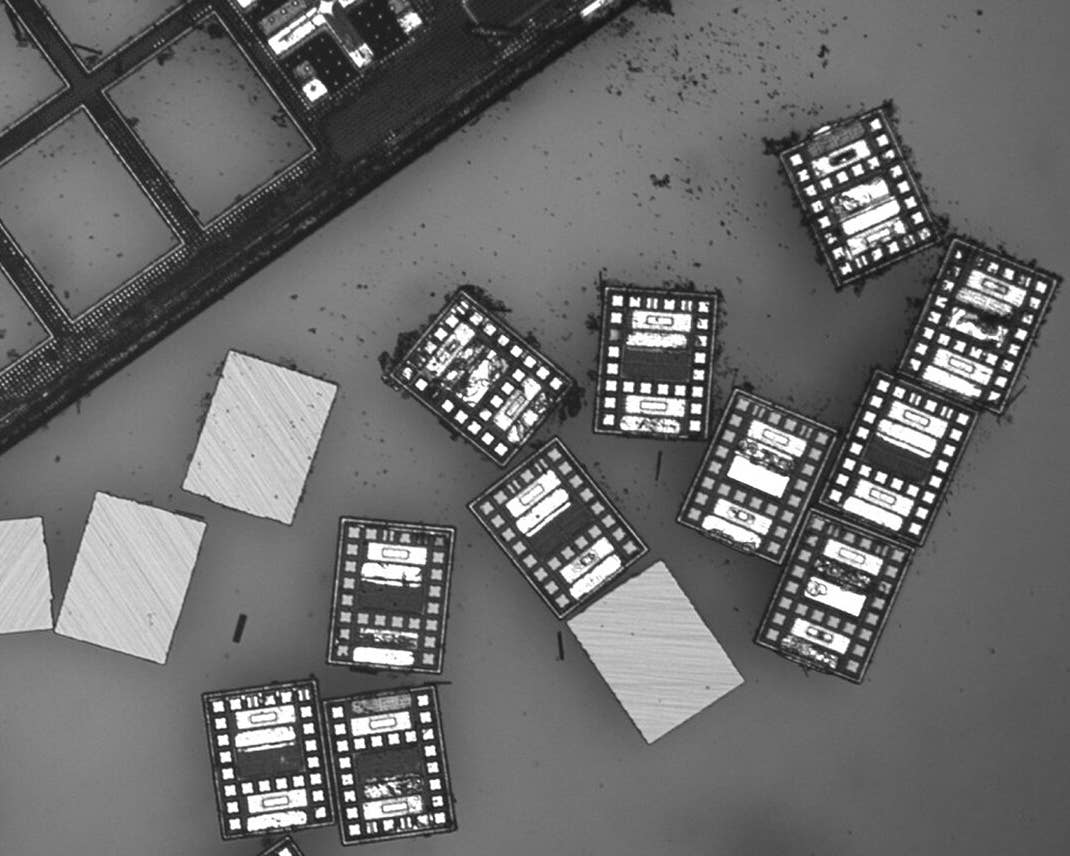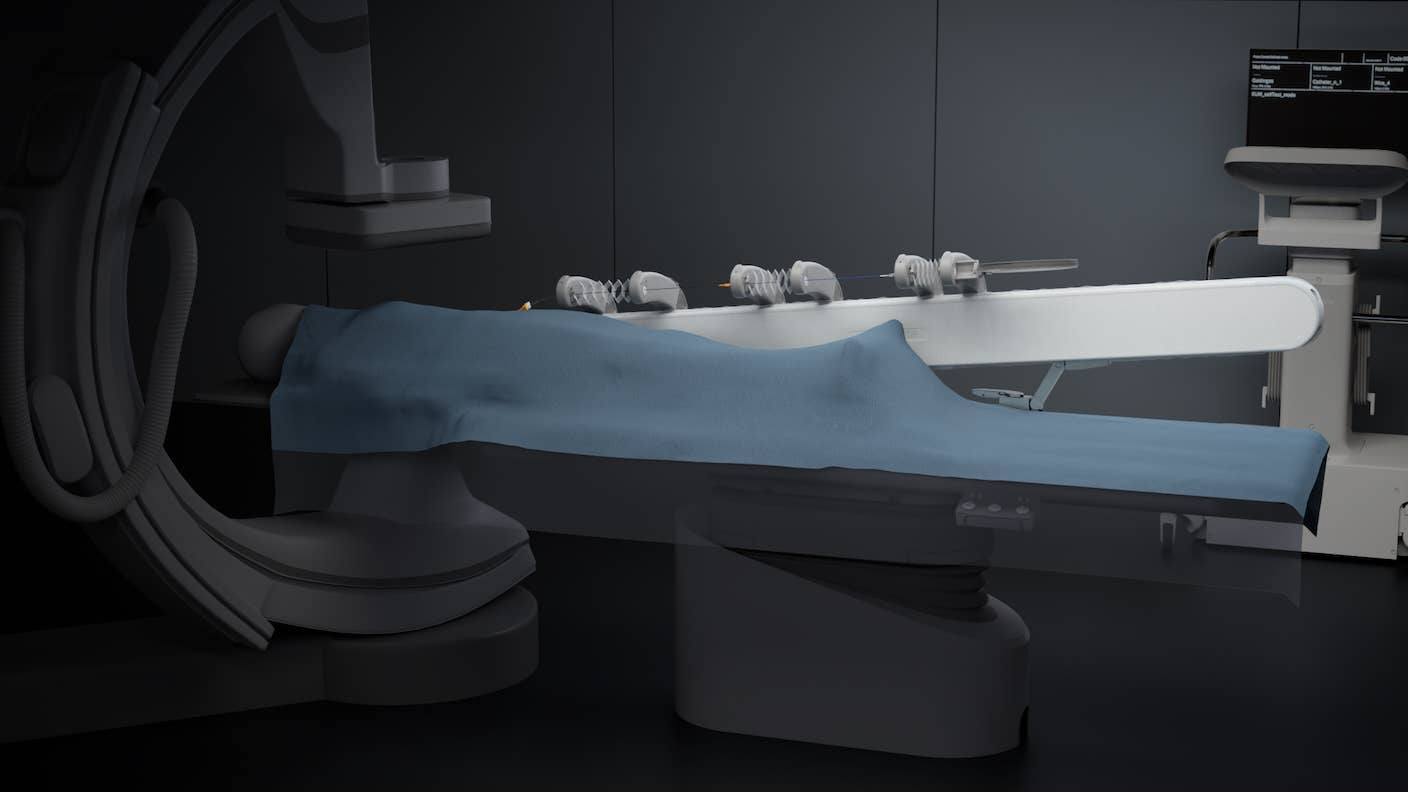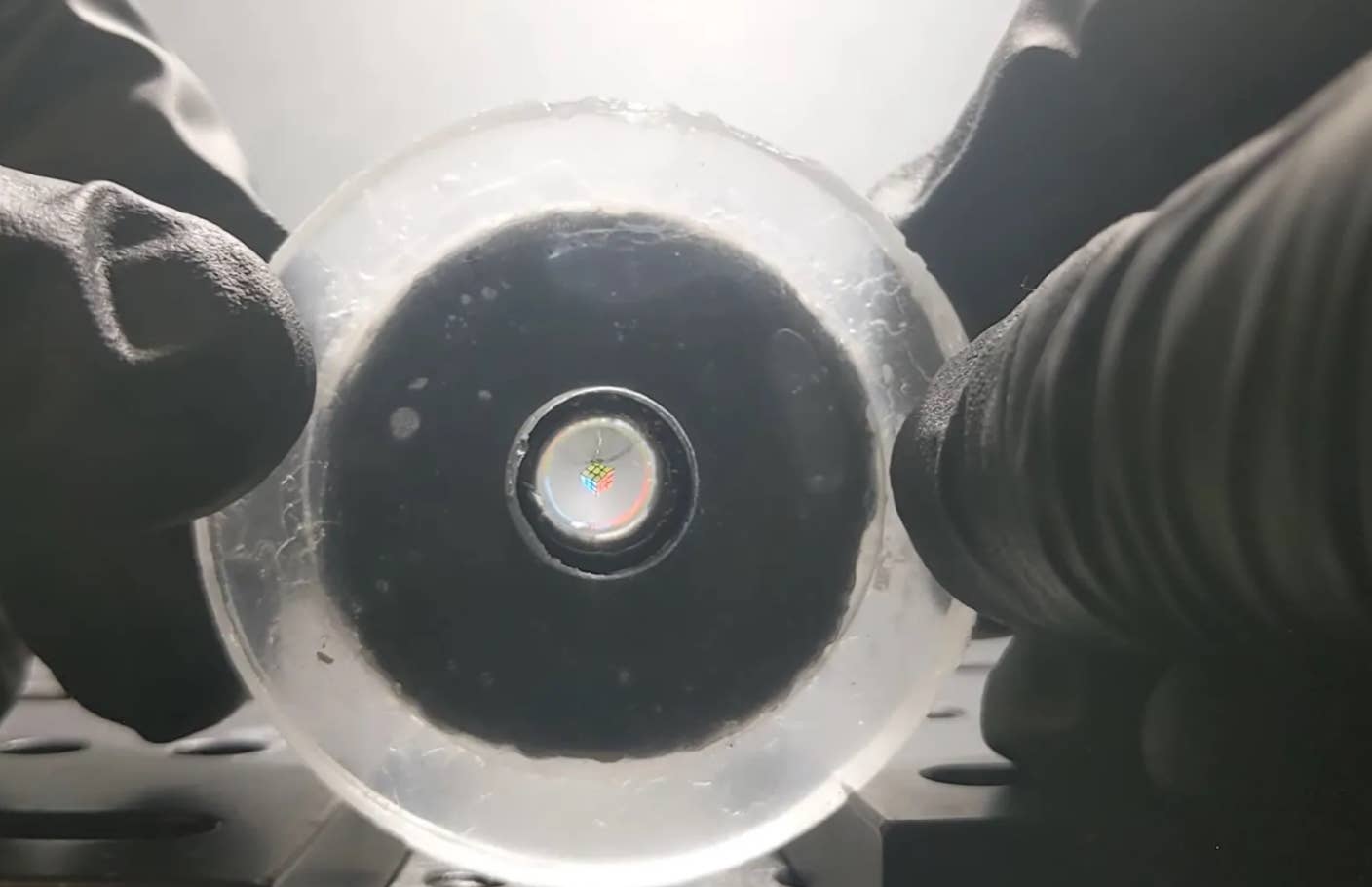Turn Your Plastic Recyclables Into 3D Printing Spools With Filabot

Share
3D printers are getting cooler every day, but there’s one component integral to 3D printing that normally gets overlooked – that is, until you have to pay for it. As many 3D hobbyists have no doubt discovered, the one time cost of the printer can be quickly dwarfed by feeding it spool after spool of raw plastic. At $40 or more per spool, an avid hobbyist can see his or her enthusiasm rapidly diminished.
Maybe Filabot won’t revolutionize how 3D printing is done, but how often it is done.
Filabot is a 3D plastic extrusion system that takes all kinds of recyclable plastic – milk jugs, soda, detergent and shampoo bottles – and turns them into raw material for 3D printing creativity. Launched as a Kickstarter campaign, Filabot raised three times its $10,000 goal. Its creator, Tyler McNaney, plans on launching in the near future.
Not only will your household recyclables now appear as treasure troves of cheap and virtually endless supply of 3D printing plastic, all those projects that didn’t print right, cracked, or just didn’t turn out the way you thought it would can now be given a second chance at greatness.
The way Filabot works is pretty straightforward. It’s fed pieces of plastic up to 4 inches in diameter, which are then ground down to smaller pieces and are squeezed through a heated barrel that melts the plastic down. The molten plastic is then extruded out through interchangeable nozzles – 3mm or 1.75mm in diameter – to produce the plastic filament. The filament is then shaped to the right size for printing as it is pressed between a pair of grooved barrels. Finally, a cutter corrects any shape irregularities that might’ve made it past the barrels.
Watch one of the early prototypes in action in the following video.
Be Part of the Future
Sign up to receive top stories about groundbreaking technologies and visionary thinkers from SingularityHub.


Filabot can process thermoplastics such as HDPE, LDPE, ABS, and NYLON, and there are plans in place to process more types in the future. It doesn’t process PVC because of toxicity risks.
McNaney told me in an email that they plan on launching Filabot as soon as they’ve finished getting out all of their Kickstarter rewards. When they do their flagship model, the Filabot Reclaimer, will be available on the company’s website. The Filabot was priced at $350 (unassembled) for the Kickstarter campaign. Depending on how much you use your 3D printer, it could pay for itself in no time.
Peter Murray was born in Boston in 1973. He earned a PhD in neuroscience at the University of Maryland, Baltimore studying gene expression in the neocortex. Following his dissertation work he spent three years as a post-doctoral fellow at the same university studying brain mechanisms of pain and motor control. He completed a collection of short stories in 2010 and has been writing for Singularity Hub since March 2011.
Related Articles

These Robots Are the Size of Single Cells and Cost Just a Penny Apiece

In Wild Experiment, Surgeon Uses Robot to Remove Blood Clot in Brain 4,000 Miles Away

A Squishy New Robotic ‘Eye’ Automatically Focuses Like Our Own
What we’re reading
